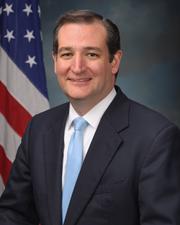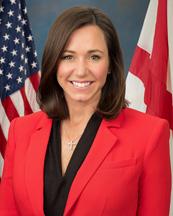0
A bill to amend title 18, United States Code, to establish a criminal penalty for unauthorized access to Department of Defense facilities.
1/23/2025, 11:56 AM
Summary of Bill S 115
If passed, this legislation would make it a federal offense for anyone to unlawfully access a Department of Defense facility. This includes individuals who bypass security measures, trespass on restricted areas, or otherwise enter the premises without permission. The bill establishes specific criminal penalties for those found guilty of this offense, which could include fines, imprisonment, or both.
The primary goal of Bill 119 s 115 is to protect the safety and security of Department of Defense facilities, which are critical to national defense and security. By imposing criminal penalties for unauthorized access, the bill aims to deter individuals from attempting to breach these facilities and potentially endangering personnel, equipment, or classified information. Overall, this legislation seeks to strengthen the security measures in place at Department of Defense facilities and send a clear message that unauthorized access will not be tolerated. It is currently under consideration in the US Congress and has garnered bipartisan support for its efforts to enhance national security.
Congressional Summary of S 115
Guarding and Administering Trespass Enforcement, Controlling Restricted Areas, and Stopping High-risk Encroachment Recidivism and Sabotage Act or the GATE CRASHERS Act
This bill establishes a new federal criminal offense for going onto Department of Defense property that is closed or restricted without authorization.
Current Status of Bill S 115
Bipartisan Support of Bill S 115
Total Number of Sponsors
2Democrat Sponsors
0Republican Sponsors
2Unaffiliated Sponsors
0Total Number of Cosponsors
7Democrat Cosponsors
0Republican Cosponsors
7Unaffiliated Cosponsors
0Policy Area and Potential Impact of Bill S 115
Primary Policy Focus
Alternate Title(s) of Bill S 115
Comments

Derek Simon
10 months ago
This bill is bad for me and my family. It's not fair.

Ronan Alston
10 months ago
I just don't get why they're trying to make it a crime to access DoD facilities without permission. This is just another way for the government to control us and limit our freedoms. How does this bill really benefit the American people in the long run?

Elise Kelley
10 months ago
Hey y'all, so I just heard about this new bill that's supposed to make it a crime to get into Department of Defense places without permission. I think that's kinda cool, but also kinda scary. Like, what if someone accidentally wanders into one of those places? Will they get in trouble? I'm not sure how I feel about this bill, but I guess we'll see how it goes. Short term, I think this bill might make people more cautious about where they go, but who knows for sure.

Blaire Ballard
10 months ago
This bill good for security.





